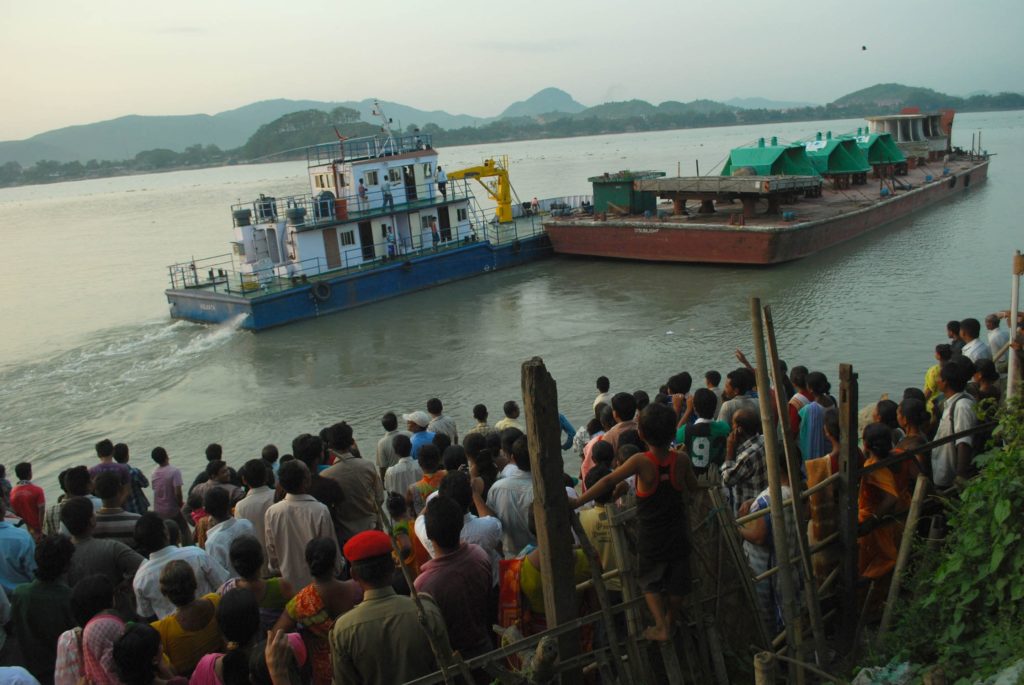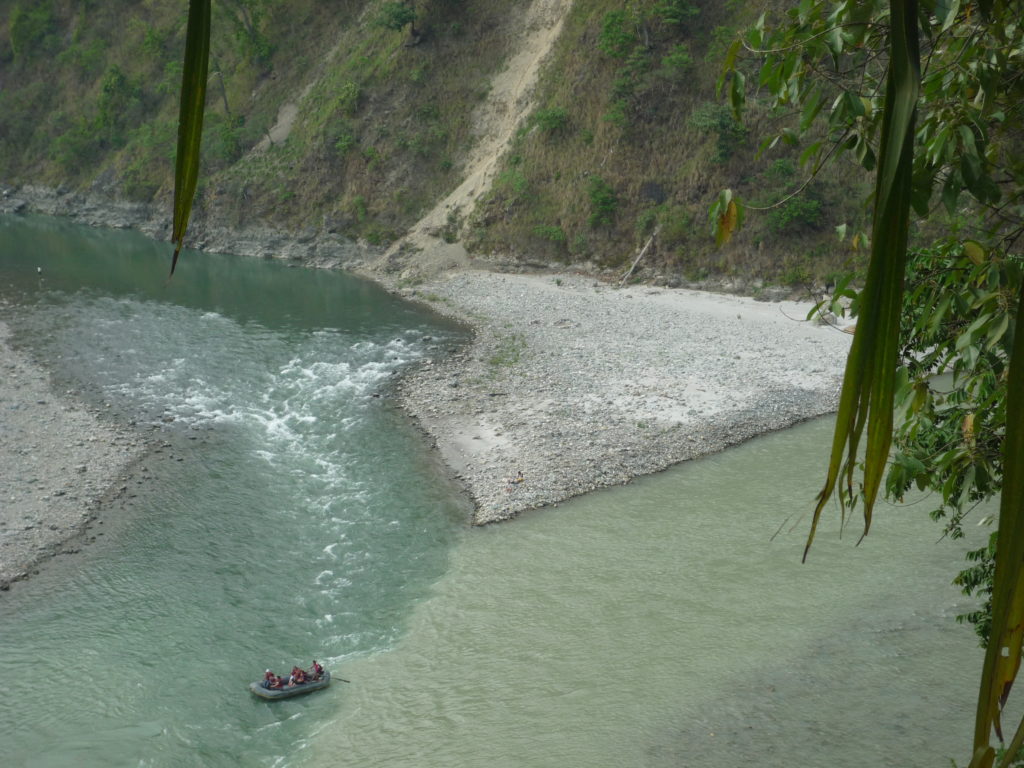Great rivers form the cultural and economic backbone of South Asia. The Ganges-Brahmaputra-Meghna (GBM) river basin contributed to the rise of some of the earliest civilizations in history, and today it’s a source of livelihoods for millions, nourishing rich ecosystems and irrigating millions of hectares while supporting some of the highest population densities in the world.
The GBM is the third-largest freshwater outlet to the world’s oceans, after the Amazon and the Congo rivers. Approximately 630 million people live in the GBM river basin.
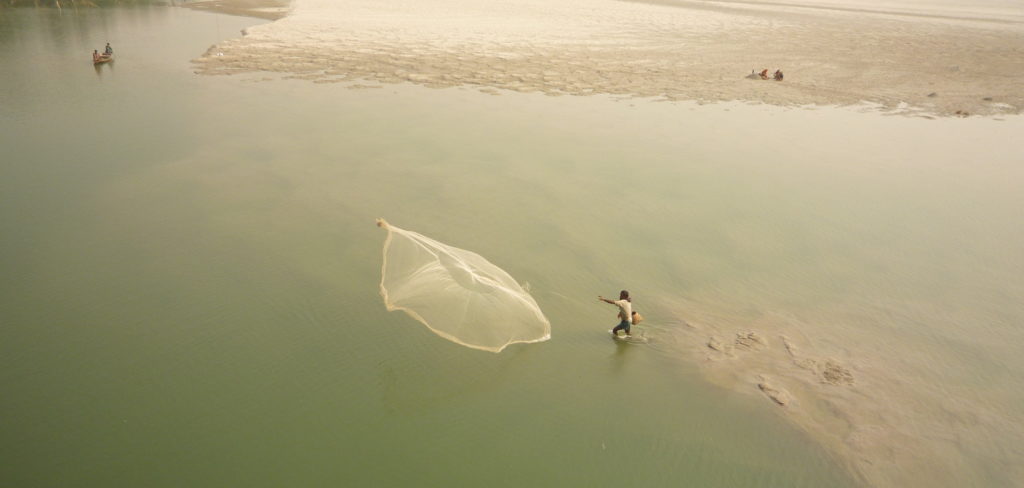
The basin comprises three rivers: the Ganges, the Brahmaputra and the Meghna. Together, the drainage basin crosses India, China, Nepal, Bangladesh and Bhutan before the rivers join together just a few hundred kilometers before the river’s mouth in the Bay of Bengal.
Our Work In the Ganges Brahmaputra Meghna Basin
Unfortunately, water diversions, dams, pollution and climate change are taking their toll on the river basin’s health – with major implications for the millions who rely on it. We are working to amplify the voices of river communities, focusing particularly on the historically under-represented voices of women. We support the growing river protection movement and work with communities to find sustainable solutions to new challenges posed by climate change.
We are also forging connections across borders, taking first steps towards a transboundary treaty or common understanding between China, India and Bangladesh to ease diplomatic hostilities around the basin’s governance. We work with civil society groups and peoples’ movements throughout South Asia to improve environmental governance for these transboundary rivers, boost communities’ climate resilience, and promote a socially-just development path.
Learn More
Latest Updates
- The youth say NO to destructive large hydropower! – Alternative development exists!
 By Ayesha DSouza, South Asia Program Coordinator. Mega Hydropower projects continue to be pushed in the fragile Indian Himalayas, often at the cost of the local communities and disguised as … Read more
By Ayesha DSouza, South Asia Program Coordinator. Mega Hydropower projects continue to be pushed in the fragile Indian Himalayas, often at the cost of the local communities and disguised as … Read more - Landslides: Large Hydropower worsening the disaster for the Lepcha’s of Dzongu
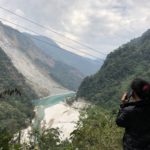 By Ayesha DSouza, South Asia Program Coordinator One of the most visible things one sees when travelling from Siliguri in West Bengal up the winding roads to Northern Sikkim are … Read more
By Ayesha DSouza, South Asia Program Coordinator One of the most visible things one sees when travelling from Siliguri in West Bengal up the winding roads to Northern Sikkim are … Read more - Women and Rivers’ Defender Spotlight: Zerin Ahmed
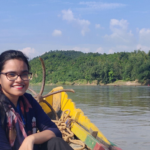 by Petro Kotze and Nalori Chakma Connecting to riverine communities gave direction to her career Globally, young activists have increasingly taken a stand calling for social change. Zerin Ahmed is … Read more
by Petro Kotze and Nalori Chakma Connecting to riverine communities gave direction to her career Globally, young activists have increasingly taken a stand calling for social change. Zerin Ahmed is … Read more - Women and Rivers’ Defender Spotlight: Rummit Lepcha
 by Petro Kotze and Nalori Chakma She found her roots by the river “I have been on a rollercoaster journey of discovery about my land and identity,” Rummit Lepcha says … Read more
by Petro Kotze and Nalori Chakma She found her roots by the river “I have been on a rollercoaster journey of discovery about my land and identity,” Rummit Lepcha says … Read more

